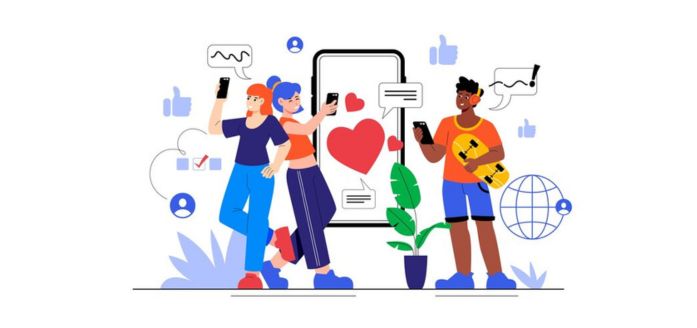In our modern era, screens dominate nearly every aspect of our lives. From smartphones and tablets to laptops and TVs, we are constantly bombarded with digital stimuli. While technology has undoubtedly improved our lives in many ways, there’s growing concern about the negative impact of excessive screen time on our mental and physical well-being. This has led to the rise of a phenomenon known as the “digital detox” – a conscious effort to disconnect from screens and reconnect with the real world. But can we truly survive without screens in today’s hyper-connected society?
The concept of a digital detox isn’t about completely abandoning technology, but rather taking a break from it to reset and recharge. It involves consciously reducing screen time, whether by limiting social media usage, turning off notifications, or even going completely offline for a period of time. The goal is to regain control over our digital habits and find a healthier balance between online and offline activities.
One of the biggest challenges of a digital detox is breaking free from the addictive nature of screens. Whether it’s the constant urge to check social media updates or the allure of binge-watching TV shows, many of us have developed unhealthy dependencies on our devices. Studies have shown that excessive screen time can lead to a host of issues, including poor sleep quality, increased stress and anxiety, decreased productivity, and even physical health problems like eye strain and headaches.
However, stepping away from screens can also have numerous benefits for both our mental and physical health. Without the constant distraction of notifications and alerts, we can become more present in the moment and improve our ability to focus and concentrate. This can lead to greater productivity and creativity in our work and personal lives. Additionally, reducing screen time has been linked to better sleep quality, improved mood, and lower levels of stress and anxiety.
But can we truly survive without screens in today’s digital age? While it may seem daunting at first, many people have found that disconnecting from screens can lead to a newfound sense of freedom and fulfillment. Instead of mindlessly scrolling through social media feeds, they rediscover the simple joys of spending time outdoors, engaging in hobbies, or connecting with loved ones face-to-face.
Of course, completely eliminating screens from our lives is neither practical nor necessary for most people. Technology plays a vital role in our daily routines, from communication and entertainment to work and education. The key is to use it mindfully and intentionally, rather than allowing it to control us.
So, how can you embark on your own digital detox journey? Start by setting clear boundaries and goals for reducing screen time. This could involve establishing tech-free zones in your home, scheduling regular breaks from devices throughout the day, or setting limits on the amount of time spent on specific apps or websites. Find alternative activities to fill the void, whether it’s reading a book, going for a walk, or practicing mindfulness exercises.
Remember, a digital detox isn’t about depriving yourself of technology altogether, but rather finding a healthier balance that allows you to fully engage with the world around you. By taking a step back from screens and reconnecting with the real world, you may just find a renewed sense of vitality and well-being that you never knew existed. So, can you survive without screens? The answer is yes – and you might just thrive in the process.



